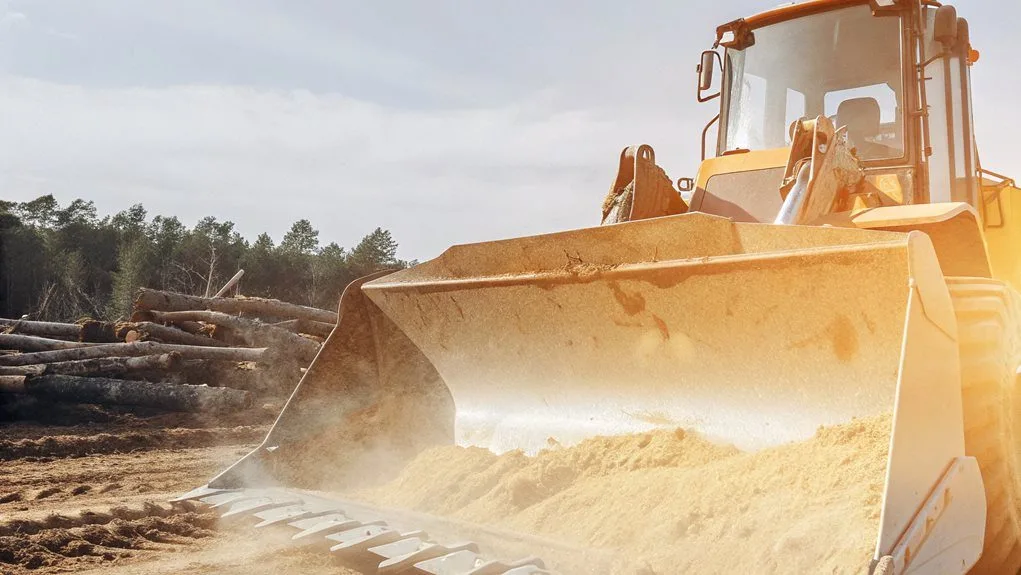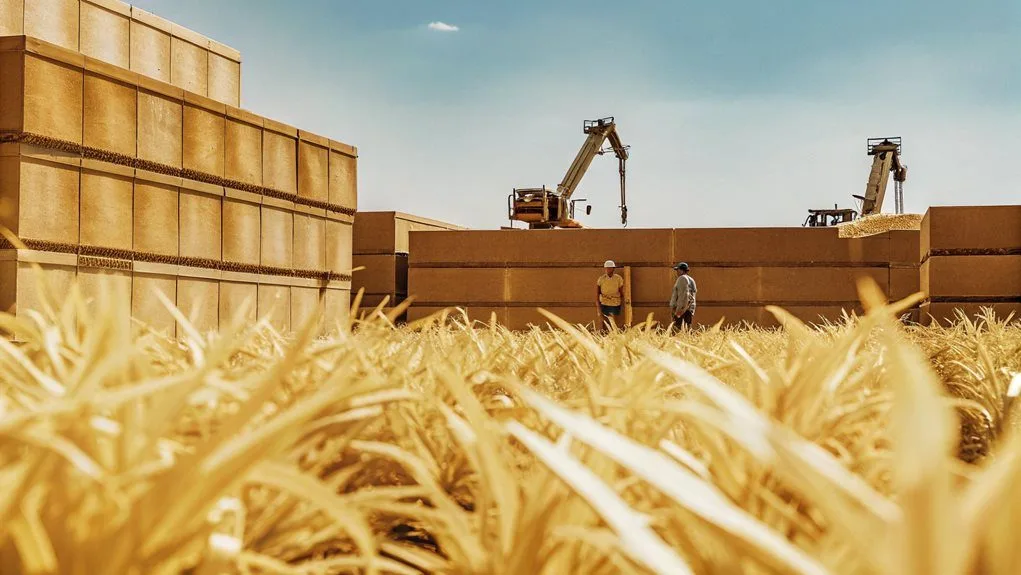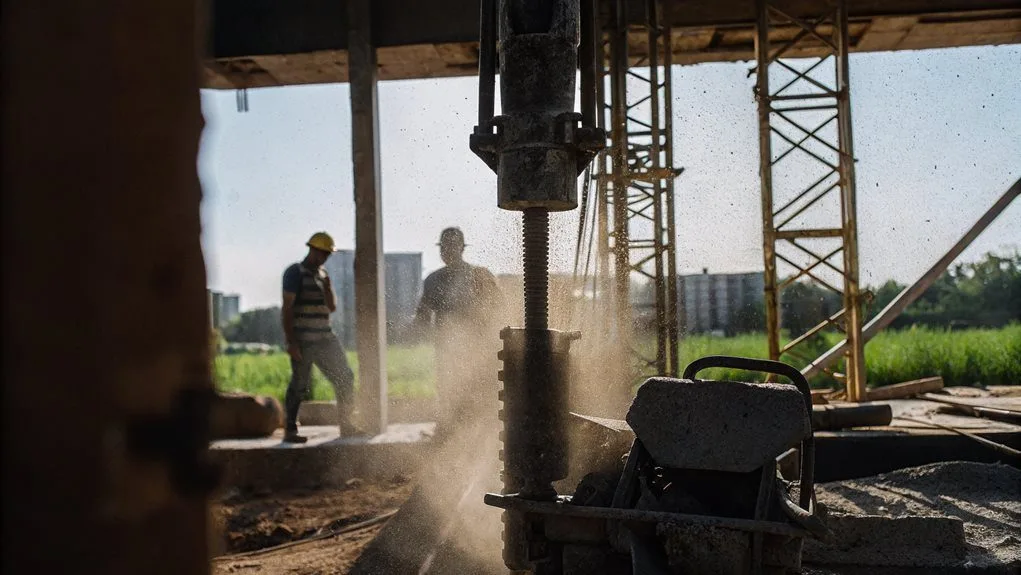Selecting the right heavy machinery towing service is crucial for ensuring both the safety and efficiency of your operations. You're likely on the hunt for a towing company that not only meets your specific equipment requirements but also one that you can trust to handle your valuable machinery with the care it deserves. The task can seem daunting, given the myriad of options and the high stakes involved in transporting heavy machinery. Recognizing these challenges, this guide is crafted to navigate you through the process, offering insights grounded in industry experience.
Understanding that your primary concern is to ensure a smooth and successful towing operation, we delve into the critical aspects of choosing a service that aligns with your needs. From evaluating the technical capabilities of towing companies to understanding the importance of their experience and reliability, we aim to equip you with the knowledge necessary for a well-informed decision. The goal here is not just to address your immediate concerns but to foster a sense of confidence in your choice, reassuring you that your heavy machinery is in capable hands.
With this foundation, let's explore how to secure the best towing service for your operations, ensuring your peace of mind and the uninterrupted progress of your projects.
Key Takeaways
- Consider the equipment requirements and safety considerations for heavy machinery towing.
- Assess the expertise and track record of towing companies in heavy machinery towing.
- Understand the cost considerations and pricing structure of towing services for heavy machinery.
- Choose towing services wisely by comparing quotes and finding a reliable and affordable solution.
Equipment Requirements for Heavy Machinery Towing
Heavy machinery towing requires specialized equipment to ensure efficient and safe transportation of heavy loads. There are several types of equipment commonly used for heavy machinery towing, including integrated tow trucks, wheel-lift trucks, rotator trucks, flatbed trucks, and heavy-duty winches.
Integrated tow trucks are designed to handle quick towing needs. They have an integrated towing mechanism that allows for easy and efficient hookup of heavy machinery. Wheel-lift trucks, on the other hand, are designed to minimize contact with the towed vehicle. This reduces the risk of damage and ensures the safe transportation of heavy loads.
Rotator trucks offer 360-degree rotation capabilities, making them versatile for various towing scenarios. This allows for greater flexibility and control during the towing process. Flatbed trucks, on the other hand, are specifically designed for transporting large machinery. They provide a stable and secure platform for heavy loads, ensuring their safe transit.
Heavy-duty winches are an essential component of heavy machinery towing. They are used to handle the weight of heavy loads and assist in the towing process. These winches are specially designed to provide the necessary power and strength required for towing heavy machinery.
Factors to Consider for Long-Distance Towing
When considering long-distance towing for heavy machinery, it is important to take into account various factors to ensure a safe and efficient transport. One crucial factor to consider is the towing company's experience with long-distance towing. It is essential to choose a company that has expertise in handling such scenarios effectively. Additionally, it is crucial to check if the towing company has specialized equipment specifically designed for long-distance towing. This ensures the safe transport of heavy machinery and minimizes the risk of damage during the haul.
Another factor to consider is the towing company's track record of successful long-distance towing operations. Evaluating their reliability and performance in previous jobs can provide valuable insights into their capabilities. It is also important to inquire about the availability of the towing service for long-distance hauls. Timely assistance is crucial when transporting heavy machinery over long distances.
Furthermore, confirming that the towing company follows strict safety protocols for long-distance towing is vital. This ensures the protection of the machinery being transported as well as the safety of other road users. Heavy loads require professional handling and adherence to safety guidelines to prevent accidents or damage.
Essential Safety Considerations for Heavy Machinery Towing
Proper inspection and maintenance of equipment are crucial safety considerations for heavy machinery towing. Before towing any heavy machinery, it is essential to thoroughly inspect the equipment to ensure that it is in good working condition. This includes checking for any signs of damage or wear and tear, as well as ensuring that all components are securely fastened.
One of the most important safety considerations during heavy machinery towing is the secure attachment of the machinery to the tow truck. This involves using the appropriate towing equipment, such as chains, straps, or specialized towing hooks, to ensure a strong and secure connection. Failing to properly secure the machinery can result in accidents, damage to the machinery, and even injury to the operators or other road users.
Adhering to weight limits and load distribution guidelines is another critical safety consideration. Each tow truck has a maximum weight capacity, and exceeding this limit can lead to instability and potential accidents. Additionally, proper load distribution is crucial to maintain balance and stability during towing.
Following industry safety standards and protocols is essential for minimizing risks during heavy machinery towing. These standards provide guidelines on safe towing practices, equipment requirements, and operational procedures. Operators involved in heavy machinery towing should receive regular training to enhance their safety awareness and expertise.
How to Assess the Expertise of Towing Companies
To accurately assess the expertise of towing companies in handling heavy machinery, it is crucial to evaluate their track record, experience, specialized training, certifications, fleet of tow trucks and equipment, as well as their knowledge of safety protocols and industry standards specific to heavy machinery towing.
- Track record and experience: Look for towing companies that have a proven track record in successfully handling heavy machinery towing projects. Their experience will give you confidence in their ability to handle your specific towing needs.
- Specialized training and certifications: Ensure that the towing company's team members have received specialized training in heavy-duty towing. Look for certifications that demonstrate their expertise in handling complex towing scenarios.
- Fleet of tow trucks and equipment: Assess the fleet of tow trucks and equipment that the towing company possesses. They should have a range of vehicles and equipment suitable for towing heavy machinery safely and efficiently.
- Successful projects and client testimonials: Check for previous successful heavy machinery towing projects and client testimonials. This will provide you with firsthand accounts of the towing company's expertise and customer satisfaction.
- Knowledge of safety protocols: Inquire about the towing company's knowledge of safety protocols and industry standards specific to heavy machinery towing. They should have a thorough understanding of the necessary safety measures to ensure a secure towing process.
Cost Considerations and Pricing Structure for Heavy Machinery Towing
The cost considerations and pricing structure for heavy machinery towing can vary depending on factors such as distance, equipment required, and labor involved. When it comes to heavy machinery towing, it is important to have a transparent pricing structure that provides a detailed breakdown of the costs involved. This helps in understanding the expenses and ensures that there are no hidden charges.
In terms of pricing structure, heavy machinery towing services may offer flat rates, hourly rates, or a combination of both. Flat rates are often used for shorter distances or standard towing jobs, while hourly rates are more common for longer distances or jobs that require additional time and effort. It is important to clarify the pricing structure with the towing company before hiring their services to avoid any confusion or surprises.
In addition to the base pricing, there may be additional charges for specialized equipment, permits, or after-hours services. These charges can significantly impact the overall cost of heavy machinery towing. It is crucial to discuss these potential additional charges with the towing company to have a clear understanding of the total expenses involved.
To ensure cost-effectiveness, it is recommended to compare quotes from different towing companies. This allows you to evaluate the pricing structure, services offered, and the reputation of the company. By doing so, you can find a reliable and affordable solution for your heavy machinery towing needs.






